Idaho Gov. Brad Little won a lawsuit against a public homeless encampment, often dubbed as a “tent city,” outside of Capitol Annex. Often, these camps can be filled with drugs and violence, and exist in public areas where begging is easy and they’re in the eyesight of anyone wishing to use public areas where they exist. Previously, we’ve seen text cities turn into anonymous zones in Portland, Seattle, Washington D.C., and even New York City.
Judge David Crivello’s decision earlier in January of 2023 granted Gov. Little’s motion to dismiss a lawsuit filed by activists challenging his administration’s actions to remove the encampment. The court acknowledged the state’s right to manage public lands and eliminate potential health hazards posed by the unsanctioned camp.
The Governor is now able to move forward with his plan to transition individuals living in the tent city into safer, more permanent housing. He has also secured additional funding for mental health treatment and substance abuse recovery programs to assist individuals in finding meaningful employment and housing, as this marks a major victory for the city of Boise and its residents.
When speaking about the ruling, Gov. Little said:
“We’ve sent a clear message: Idaho does not tolerate illegal public encampments and destruction of public property… I could see it every day.”
“And we had no shortage of people upset about it… It just looked like heck.”
“But they were there, they were harassing state employees and legislators when they went by… And we just don’t have that in Idaho. But activists got these people – some of them with not much in the way of means, ginned up to stay there even though there were other places they could stay.”
Gov. Little summarized his thoughts on tent cities by discussing Portland, whose tent cities were embraced in 2020 instead of removed. As a result, homeless drug addicts flooded the area, and caused crime to drastically risen in the areas surrounding Portland residents.
“We’re the fastest-growing state for multiple reasons,” Little said. “But I hear all the time from people when they come here, from places like Portland, Seattle, places in California, other cities, it’s so clean and it’s so safe. Our crime statistics are – we’re one of the safest places in the country, and we’re one of the cleanest places.”
“We just wanted to do everything we could to make sure Idaho looks like Idaho,” he added. “It’s right next to the most iconic building in the state, our state Capitol. And it was just a terrible look. And, in fact, they were just kind of leveraging . . . an opportunity to make a statement, when we had programs.”
The ruling is a victory not only for Gov. Little but also for communities across America who are struggling to deal with tent cities in their own backyards and public areas. It’s also a reminder that local governments have the authority to take action and make decisions that are in the best interest of their citizens, and don’t need to band over backward for those who choose to degrade public areas by setting up unsightly tent cities with open drug use. By enforcing this ruling, Idaho is sending a clear message, Idaho has no ambitions of looking like Portland in 2020, and tent cities aren’t welcome.


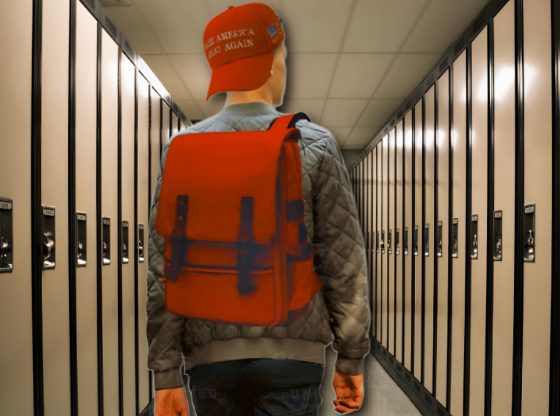
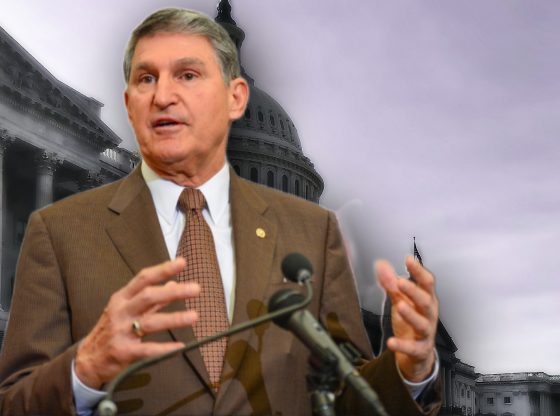
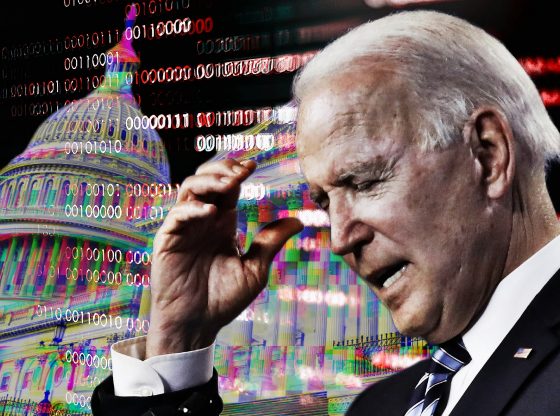
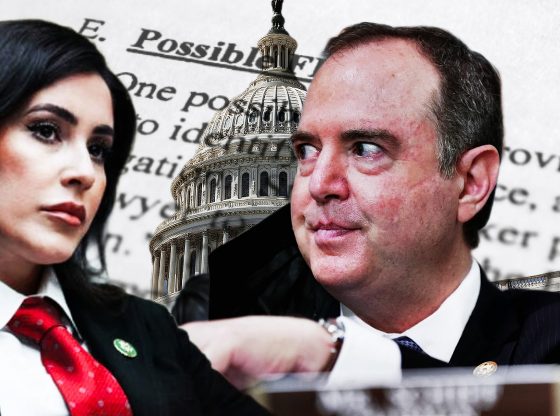

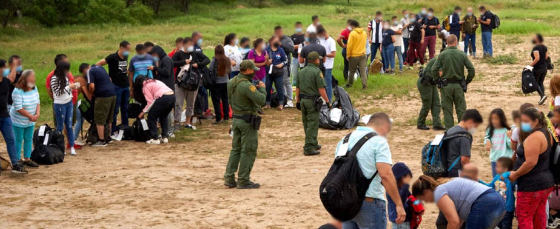







This should happen all over the country. Let the bleeding heart Demonrats take them into their own houses.
Please actually PROOFREAD before publishing . I doubt there are “text” cities and they don’t become anonymous. Probably lots more errors, but that’s for starters.Last sentence, first paragraph.
Step in the right direction, west coast scum is ruining Idaho